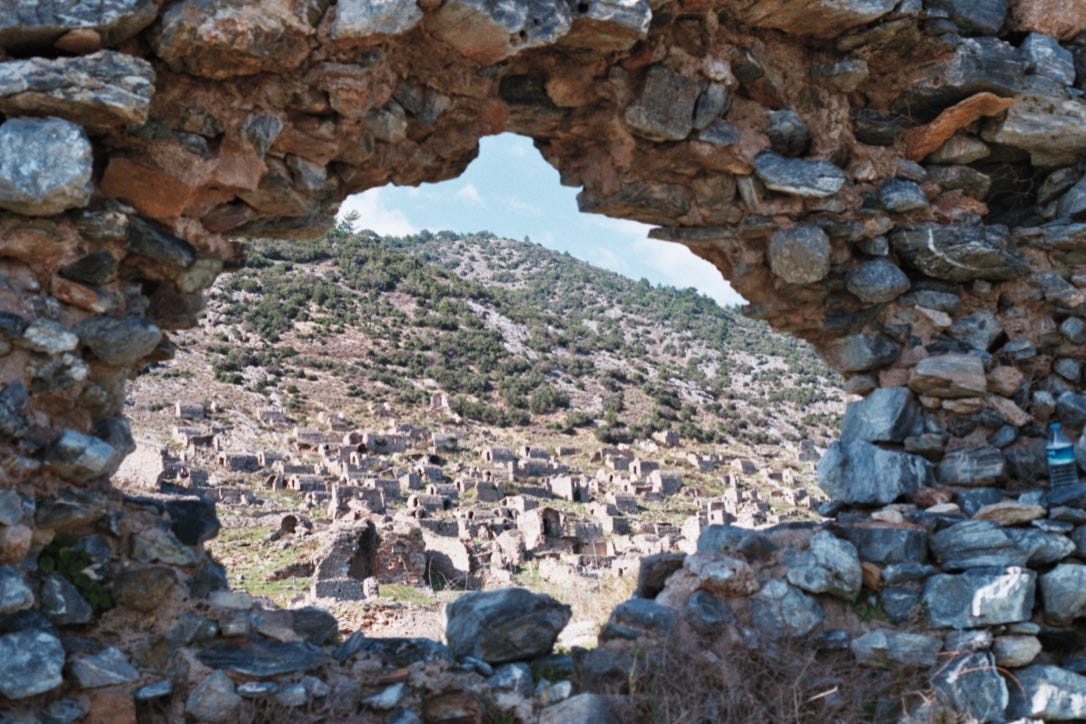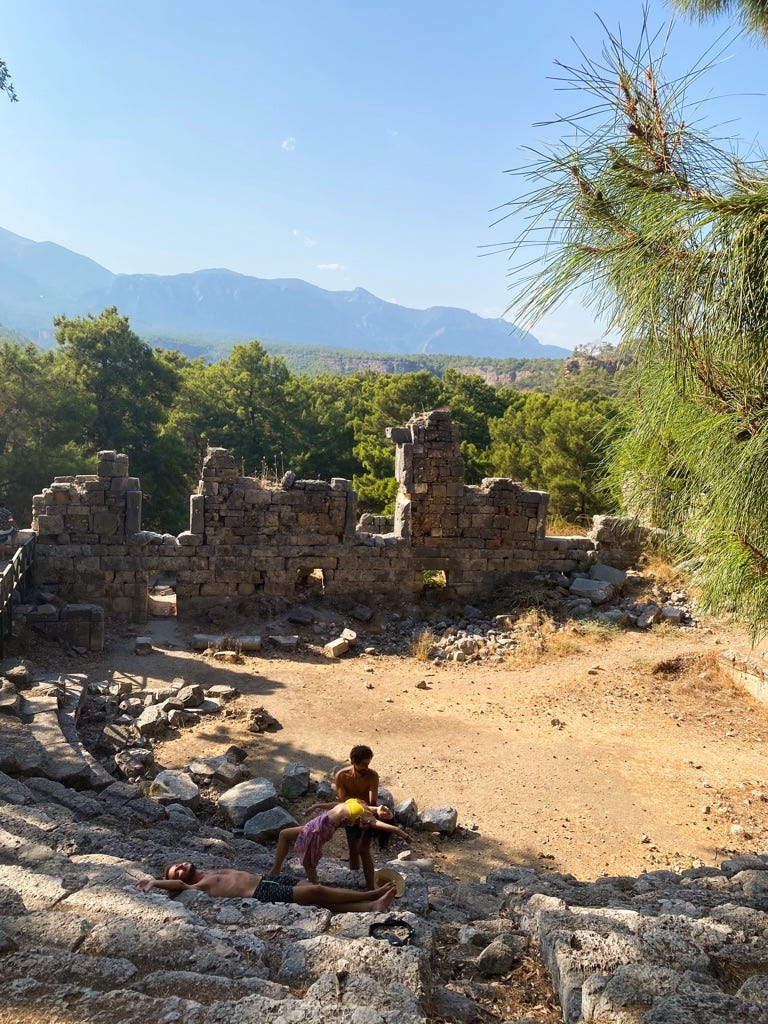My teacher recommended Brian Burgoon’s talk on Polanyi to understand The Great Transformation better and I watched it, I think it was very good and I’ll leave you a link if you’re interested. I’ll also share a summary of my notes and try to explain how I understand his theory of embeddedness after watching the video, because it really helped me to get my head around it. Burgoon explains The Great Transformation through references to Polanyi’s life and you get to see all the connections, it was very interesting. Apparently Polanyi was a moral economist and throughout his life he wrestled with many of the dynamics that became his objects of inquiry.
So the book is basically about two transformations. The first is the transition to capitalism, the industrial revolution. Polanyi argues that this transition was not a natural transition. He argues that markets are neither natural nor self-regulating, and that they are imposed on and destructive to society. He explains this through fictitious commodities which are things that are not created for the market but are commodities: land, labor and money. With the privatization of land, the former peasants were forced to sell their labor for a wage in order to make a living, creating the landless proletariat. I don’t know for sure how feudal societies lived but I’m assuming that economic actions and actors were mostly based in their communities. In order to live you don’t work in a factory for a wage to buy things, but you are more active in the production and consumption processes in your life so social life and economic life are basically the same thing. There was no such thing as work in the sense that we understand it today, work was just living. But Polanyi argues that with marketization you dis-embed the economy from social life, and I guess it gets out of tune with the actual needs of society. I’m not sure if this is an accurate comment but it sounds to me like Marx’s concept of alienation, where people are alienated from the work they do and the products they produce/consume.
The second transformation was new information for me and I found this perspective very interesting. Polanyi argues that when you dis-embed the economy from society bad things happen: poverty, inequality, starvation, overwork etc. and this creates a backlash from society, desperate attempts to re-embed the economy in society; what Polanyi calls protective counter-movement. What I thought was a very interesting distinction to make was that Polanyi considers these counter-movements to be “natural” compared with the “unnaturalness” of marketization. I wonder what exactly he means by natural here, it’s an interesting choice of a word. So he says that things like the emergence of welfare states, the world wars, fascism, nationalism etc. are examples of this natural backlash. Today protective counter-movements could be the rise of social enterprises, corporate social responsibility, or increasing authoritarian governance. Burgoon uses words like spontaneous, angry and aggressive to describe these attempts at the humanization of the economy and I thought it was very interesting to think of society as something with emotions. He basically says that people are mad when they’re overworked and don’t have enough money so they try to do something about it, they try to re-embed the economy into social values that work for them. So Polanyi’s concept of embeddedness is a macro concept compared with Granovetter’s, the two concepts are confused sometimes.

Then Burgoon goes on to talk about Polanyi’s life and how he was “on a beautiful humane mission,” he says that Polanyi began to look for examples of just economic forms of organization in real life. He was interested in actual moral economies and I think he studied municipal socialism which is an interesting new concept for me. He was also interested in primitive/archaic societies (especially Ancient Athens) and their economic systems. I thought this was so cool because in the west of Turkey we have tons of ancient cities and my psychedelic summers spent among their ruins have led me to contemplate on primitive life a lot. I love looking at them and trying to imagine how daily life was like back then, just the ruins of the buildings are hints because I think the spatial design of environments both reflects and shapes the societies that live in them. I think that trying to envision archaic societies really helps to understand our society and its social constructions better, it really helps with sociological thinking I guess. It helps to put things in perspective and it's intriguing to think that you could look for answers to modern social problems by analyzing primitive societies for economic systems that are more compatible with social priorities. I might not have started with Ancient Athens though, maybe a non-Western ancient society. I really enjoyed learning about a theory in relation to the theorist’s life, it’s made the information much more interesting, relatable and permanent and it was very inspiring. The AISSR Great Thinkers Series has similar talks on a lot of thinkers, if you’re interested. Foucault is next up for me, yay!! I’ve literally been looking for a way to understand Foucault’s life without reading all his work. Not that I don’t want to, I just don’t have time.
